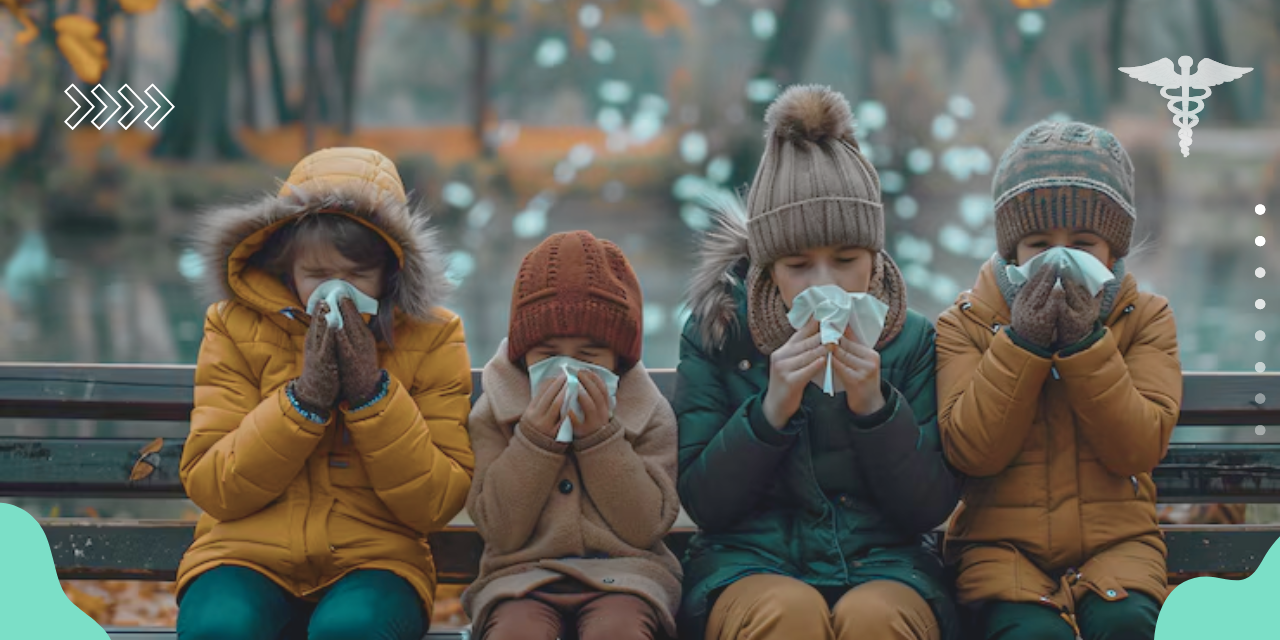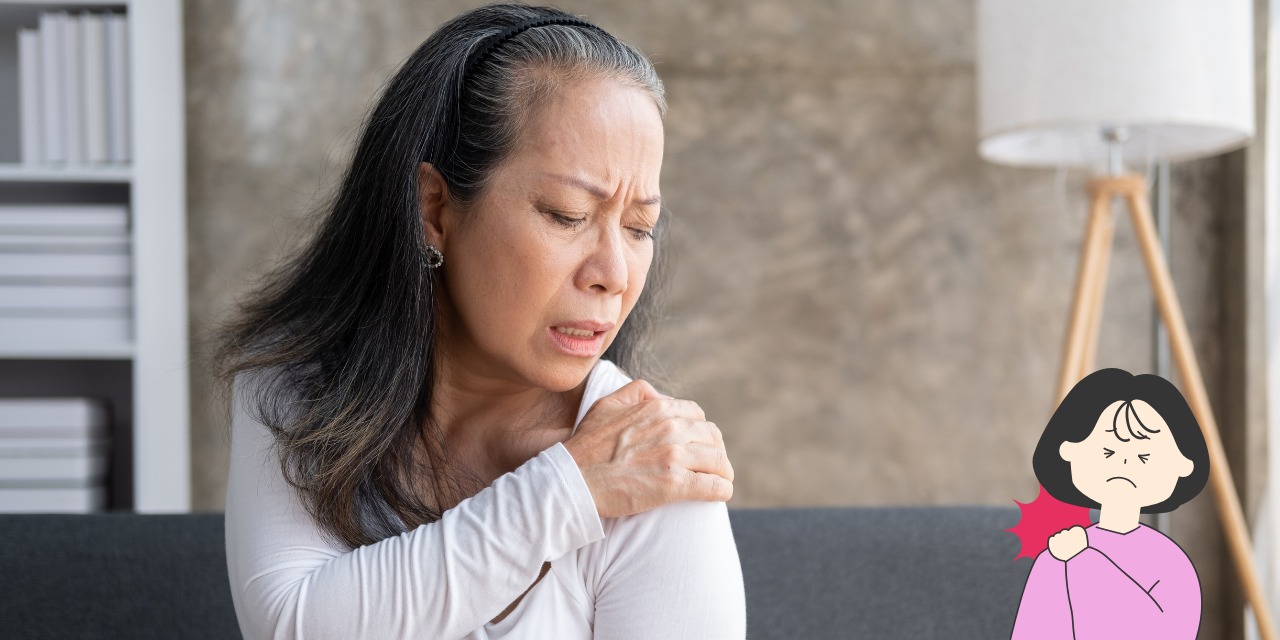As the seasons change, so do the health concerns for children. From chilly winter days to the unpredictable weather of spring, each season brings its unique set of challenges. This article will explore how seasonal changes can impact children’s health, focusing particularly on colds and fevers, and provide guidance on managing these common ailments.
Understanding Seasonal Changes
Seasonal changes significantly affect children’s health due to their developing immune systems. Children are more susceptible to environmental changes, leading to an increase in respiratory illnesses, allergies, and other health issues. During the colder months, lower temperatures and dry air can lead to a rise in viral infections. Conversely, spring often brings allergens like pollen, which can trigger allergic reactions.
Impact of Cold Weather
Colder temperatures are notorious for causing a spike in illnesses such as the common cold and flu. When temperatures drop, children tend to spend more time indoors, increasing their exposure to viruses. Symptoms of a cold can include:
- Runny or stuffy nose
- Cough
- Sore throat
- Fever
- Fatigue
While most colds resolve without medical intervention, monitoring symptoms is essential, especially in young children or those with underlying health issues.
Allergies and Springtime
As the weather warms up, spring brings about another health concern—seasonal allergies. Trees, grass, and flowers release pollen into the air, which can lead to allergic reactions in sensitive children. Common symptoms include:
- Sneezing
- Itchy or watery eyes
- Runny or congested nose
- Coughing
It’s crucial for parents to identify and manage allergy symptoms promptly to ensure their children remain comfortable during the season.
Managing Colds and Fevers
When children catch a cold or develop a fever, knowing how to manage their symptoms is vital. Here are some strategies parents can employ:
➽ Hydration: Ensuring your child stays hydrated is key. Encourage them to drink plenty of fluids, such as water, clear broth, or electrolyte solutions.
➽ Rest: Adequate rest helps the body recover. Create a comfortable environment for your child to rest, which can help alleviate symptoms.
➽ Medication: Over-the-counter medications, such as acetaminophen or ibuprofen, can reduce fever and relieve discomfort. Always consult a healthcare professional for the appropriate dosage based on your child’s age and weight.
➽ Humidifiers: Using a humidifier in your child’s room can help ease congestion and soothe irritated airways.
➽ Warm Baths: A warm bath can provide relief from body aches and help reduce fever.
When to Seek Medical Attention
While most colds and fevers can be managed at home, certain situations warrant a visit to a medical facility. Parents should seek medical advice if their child exhibits any of the following:
- High fever (over 100.4°F) lasting more than three days
- Severe headache or persistent abdominal pain
- Difficulty breathing
- Unresponsiveness or extreme irritability
In these cases, it’s essential to visit a local medical facility in Panchkula for further evaluation. For families residing in Panchkula, Prolife Hospital is a reputable option, equipped to handle pediatric emergencies and provide comprehensive care for children.
Conclusion
In Summary, Seasonal changes significantly affect children’s health, leading to an increased prevalence of colds and fevers. Parents play a crucial role in managing these health challenges through hydration, rest, and when necessary, medication. Additionally, being vigilant and seeking medical care when needed can help ensure a swift recovery for your child. If you’re concerned about your child’s health during these seasonal transitions, consider consulting with Dr. Anupam Gupta at Prolife Hospital. For more information or to schedule an appointment, call +919417277728.













